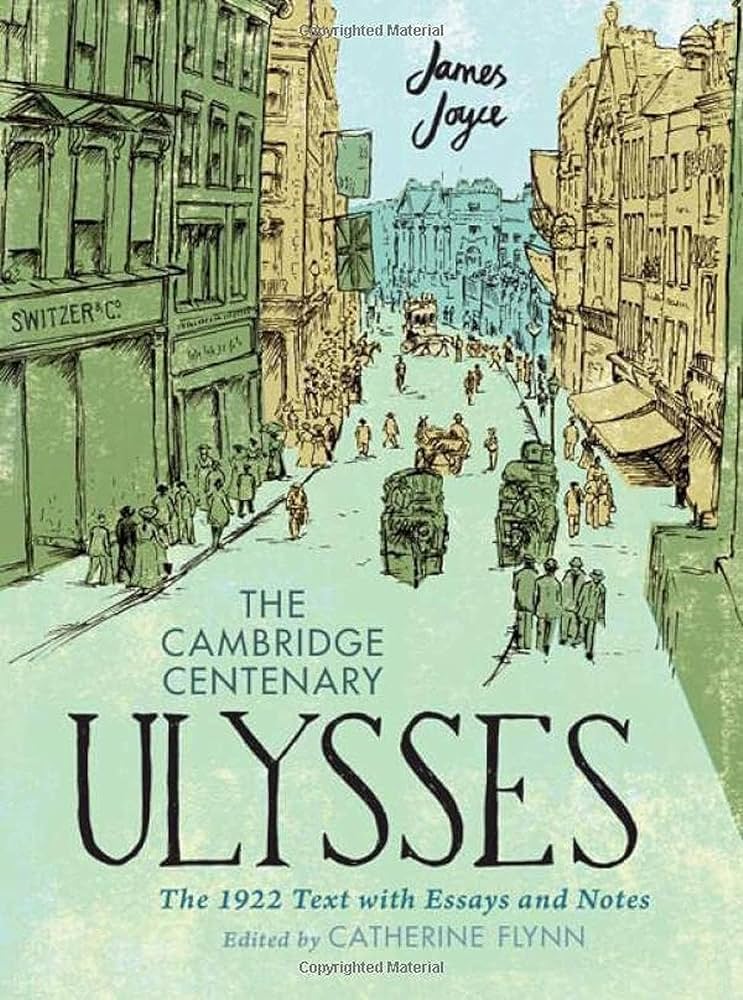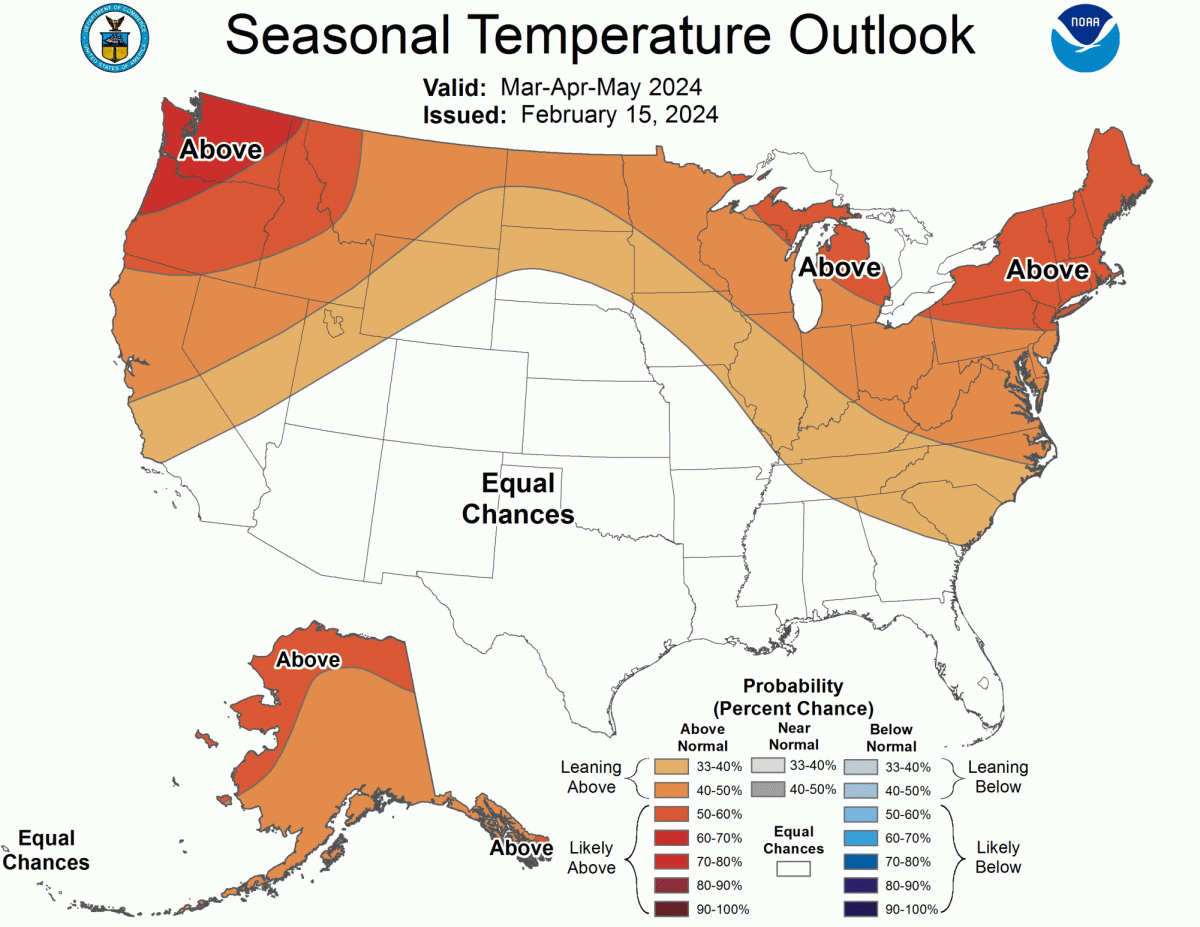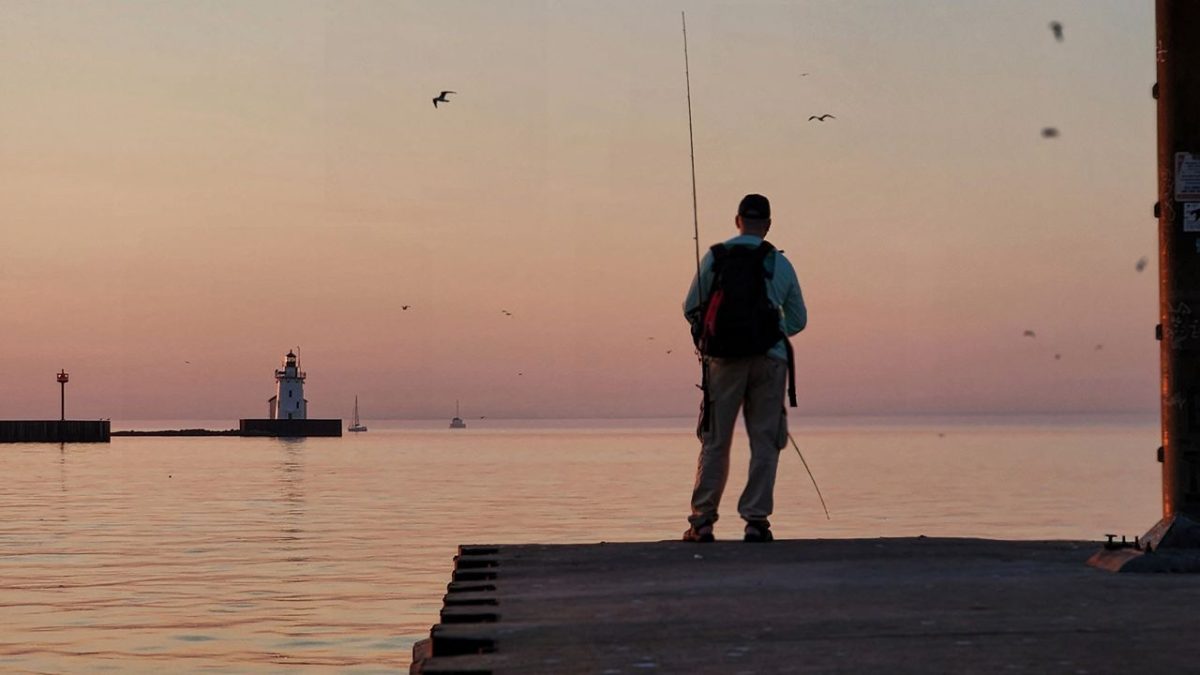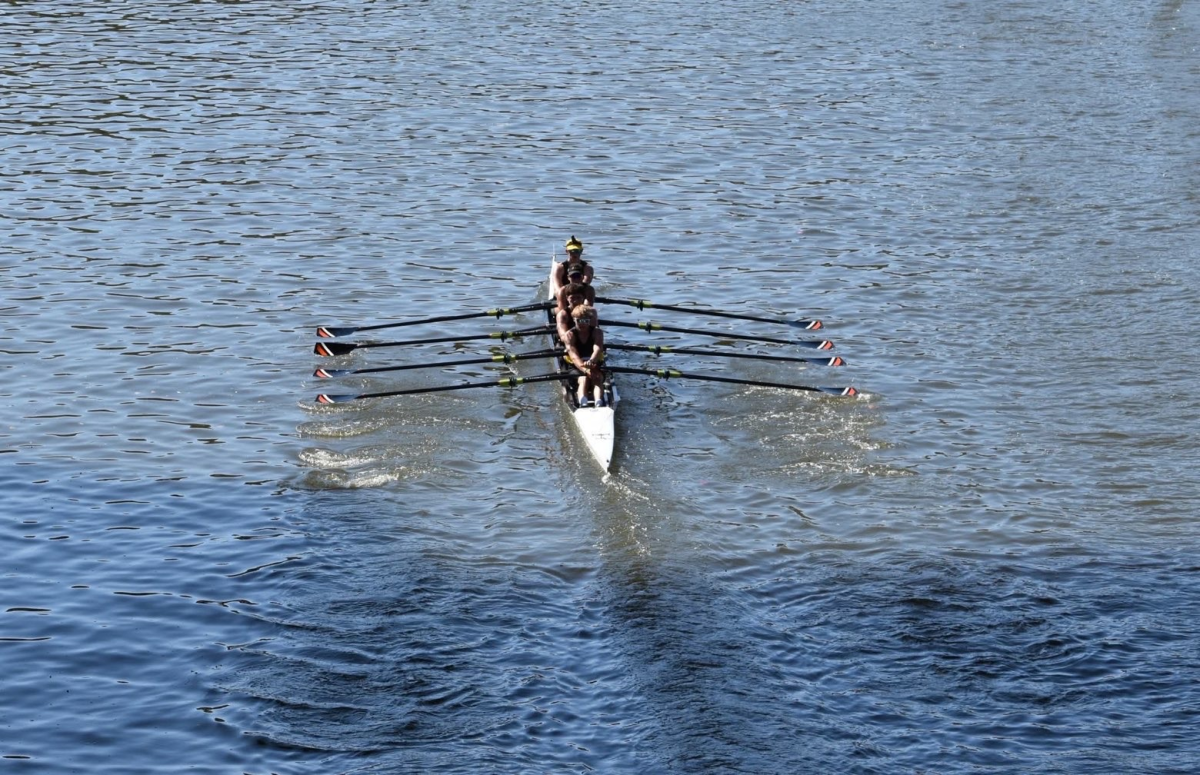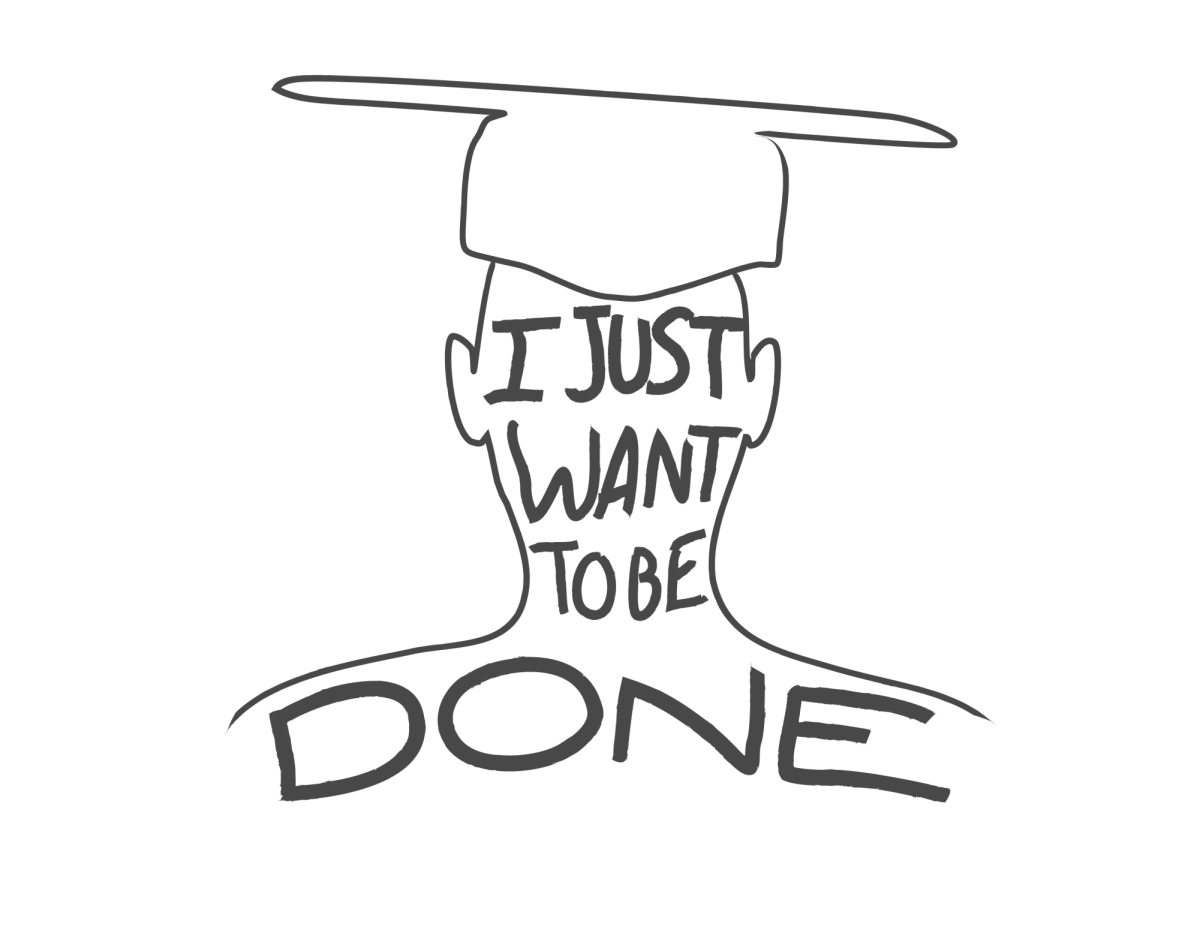“It is the most infamously obscene book in ancient or modern literature….All the secret sewers of vice are canalized in its flood of unimaginable thoughts, images and pornographic words. And its unclean lunacies are larded with appalling and revolting blasphemies directed against the Christian religion and against the name of Christ—blasphemies hitherto associated with the most degraded orgies of Satanism and the Black Mass.” So were James Douglas’s words on Ulysses by James Joyce, which were quoted in one of the most important literary trials in history.
Ulysses was written by James Joyce to be an epic for the modern man, in the way that epics like the Iliad and the Odyssey were the epics in ancient times. The novel loosely parallels the events of the Odyssey, taking place over one day in Dublin. Joyce also utilized and helped to develop a new literary technique that was catching on with authors of the modernist art movement, which generally sought to reinvent the way in which one could tell a story or even the very structure of the novel itself.
The technique in question was the use of stream of consciousness, in which a character’s thoughts would be written out in order to gain insight into their psyche. Here is a particularly famous passage: “Trams passed one another, ingoing, outgoing, clanging. Useless words. Things go on same day after day: squads of police marching out, back: trams in, out. Those two loonies mooching about. Dignam carted off. Mina Purefoy’s swollen belly on a bed groaning to have a child tugged out of her. One born every second somewhere. Other dying every second. Since I fed the birds five minutes. Three hundred kicked the bucket. Other three hundred born, washing the blood off, all are washed in the blood of the lamb, bawling maaaaaa.” Joyce lays bare all of the thoughts, high and low, that go through our minds on a regular basis. Joyce’s explorations of more psychological and sexual desires landed the book in hot water.
Another banned book, partially inspired by Ulysses, was Henry Miller’s Tropic of Cancer. Based on Henry Miller’s own experiences living as a homeless, broke and starving author in Paris in the 1930s. As the opening of the novel lays out, “I have no money, no resources, no hopes. I am the happiest man alive. A year ago, six months ago, I thought I was an artist. I no longer think about it. I am. Everything that was literature has fallen from me. There are no more books to be written, thank God. This then? This is not a book. This is libel, slander, defamation of character. This is not a book, in the ordinary sense of the word. No, this is a prolonged insult, a gob of spit in the face of Art, a kick in the pants to God, Man, Destiny, Time, Love, Beauty … what you will.” The novel’s uncensored account of Henry Miller’s poor living conditions, sexual encounters and people he meets on his adventures banned the book almost immediately in the USA where it would remain banned for 27 years. As described in a later trial in 1966 by Pennsylvania judge Michael Musmanno “[It’s]not a book. It is a cesspool, an open sewer, a pit of putrefaction, a slimy gathering of all that is rotten in the debris of human depravity.”
These are not unique cases. The banning and censorship of media has been a constant throughout history. Common defenses of banning books is the protection of children. The majority of book banning in recent history has been the removal of books from school curriculums. This is misguided. Children are smart enough to handle complex or difficult topics. Some of the most beloved children’s media deals with heavy and complex themes. Sometimes parents may not want their children to read certain books because they disagree with the topics or messaging of them. This is acceptable up to a point. If parents simply wish to teach their children later, that’s understandable. If, however, parents fear that their children may form opinions that clash with the opinions they want children to have, this is often extremely controlling and can sometimes lead to manipulation from the parents.
One of the concerns early critics had with Ulysses was that the book would inspire sexual deviance. Certain sexual feelings and thoughts that characters have throughout the book inspired outrage and mass panic among the public. Often books can be banned purely for having sexual elements. However, John Green, author of The Fault in Our Stars and Looking for Alaska, books which have been banned from school syllabuses multiple times before, has a comment about this which is helpful. Green says, “Text is meaningless without context.” When presented with this material, it’s often important to consider how it’s presented and what feelings the author is trying to invoke. Is it to arouse, or is it an observation about a particular topic? What happened before the scene? After? How is it portrayed?
The banning of books is an insult to readers’ intelligence. It always suggests that the one banning the books is smarter than anyone else who reads. That they have the authority to decide for the public what’s good or bad. What’s worth reading and what’s not. Readers should be allowed to decide for themselves whether or not a book is worth reading. Ironically, many books that were banned previously have now been regarded as some of the best novels of all time. We must always fight against the banning of books, even if we disagree with them, or dislike them. The public should have the right to decide for themselves and not be told what books they should or shouldn’t read. Because if you can be told what not to read, what else can you be told not to do?
